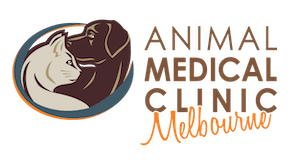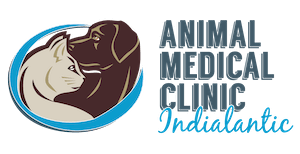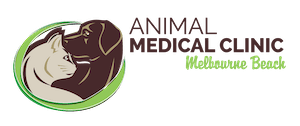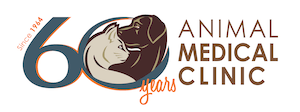Nutritional needs for dogs and cats vary based on which stage of their life they are in. These life stages
include growth, adulthood, and senior. Utilizing a diet that is complete and balanced for a specific life
stage is important to help reduce the incidence of nutritional problems.
Puppies and Kittens
When puppies and kittens are growing, they require more calories, protein and fat and higher levels of
vitamins and minerals than adult dogs. This is because they need nutrients for their daily activities in
addition to nutrients to allow for tissue growth and development. Puppies and kittens, in general, need
a diet formulated for growth until they are 12 months of age. Large and giant breed puppies require
diets designed for large-breed puppy growth since feeding a diet appropriate for large-breed growth
helps prevent orthopedic issues, obesity and other problems. Puppies are considered large-breed if their
adult weight will be more than 45 pounds.
Young and Middle-age
Young adult and middle-aged cats and dogs, if healthy, require moderate amounts of most nutrients,
including calories, protein, fat, vitamins and minerals. If a dog or cat in this life stage is healthy, a diet
formulated for adult maintenance is ideal for optimal nutrition.
Seniors
Senior dogs and cats tend to be less active than their younger counterparts, but energy requirements
can be higher or lower than young to middle-aged animals, depending on the age and the presence or
absence of disease. In general, animals with chronic diseases require more calories to maintain their
weight. Healthy senior animals may require fewer calories since they are less active and not burning as
many calories. Some pets need increased dietary protein to help maintain lean muscle mass. However,
the presence of kidney disease may necessitate a reduced dietary protein level. When your pet is in for
her preventive care exam, ask your veterinarian if what you are feeding is optimal.



